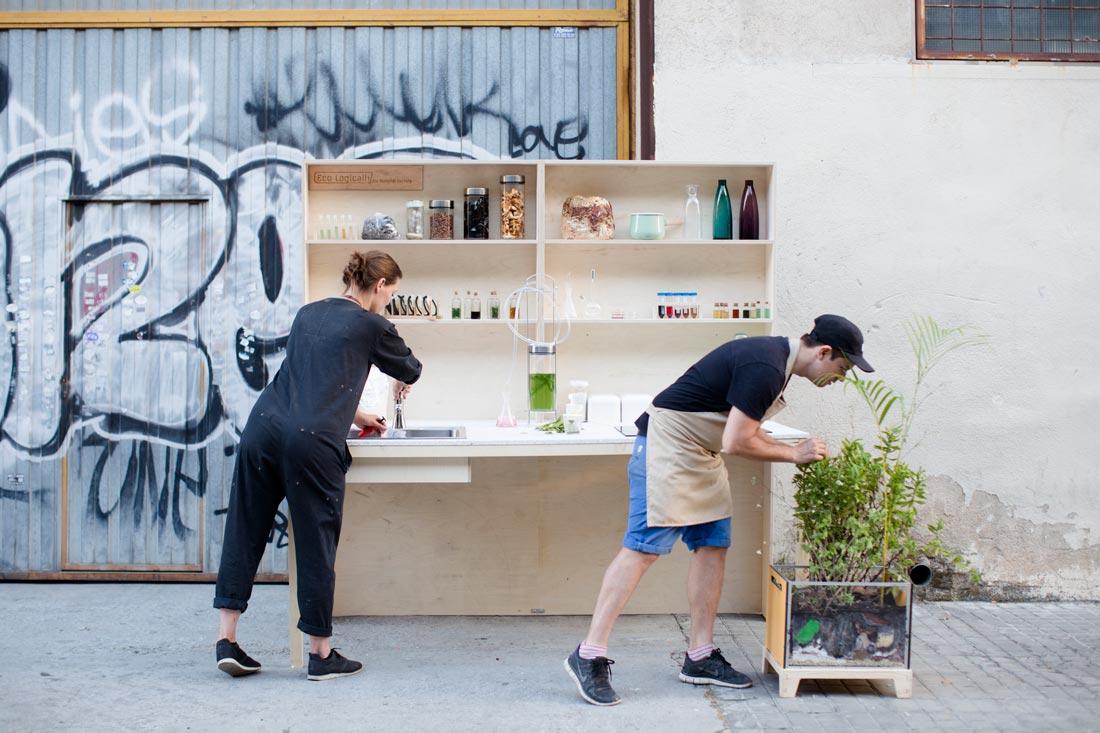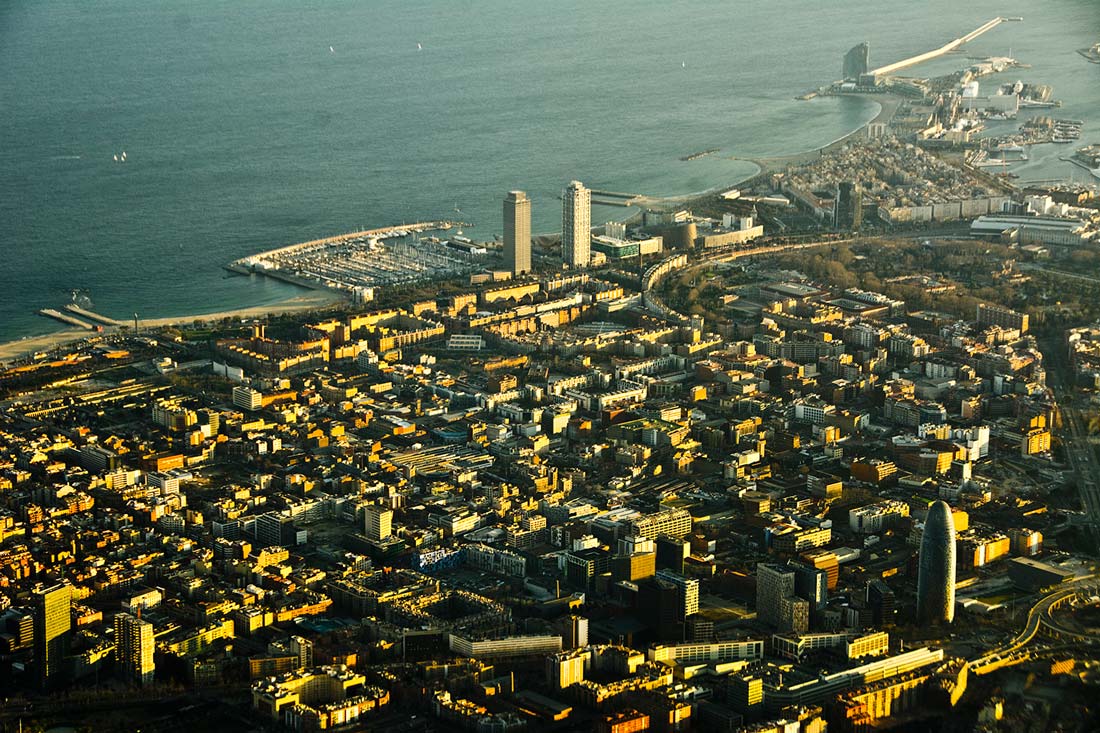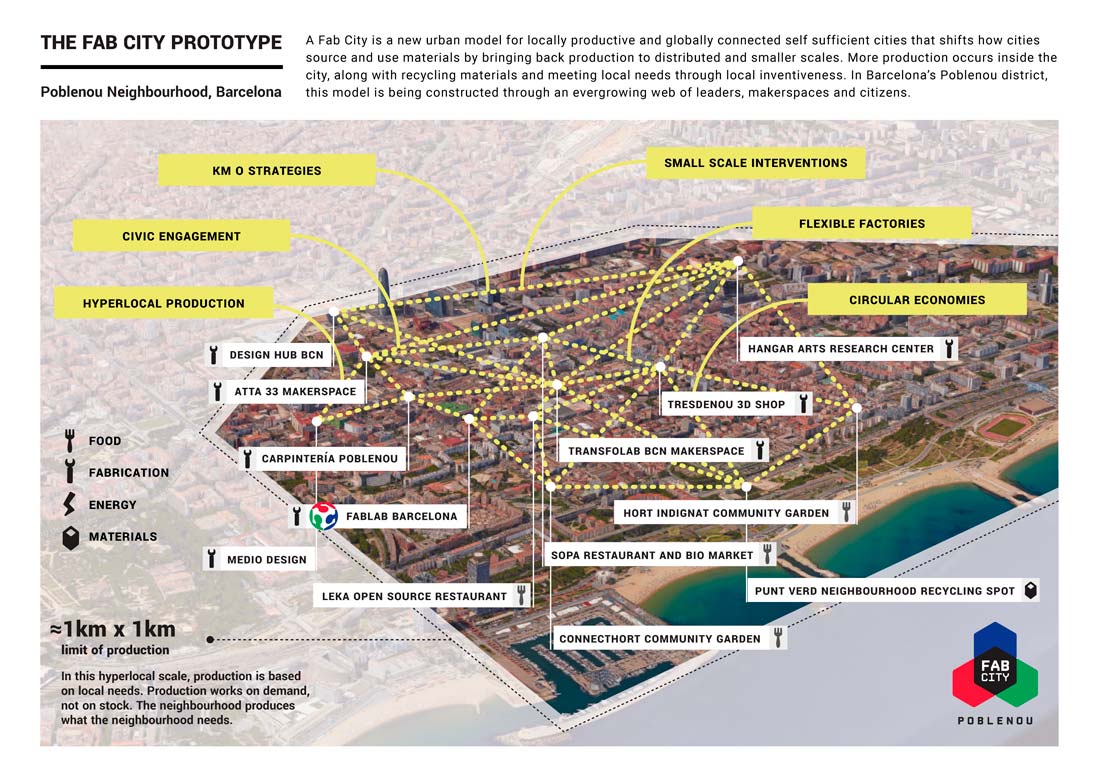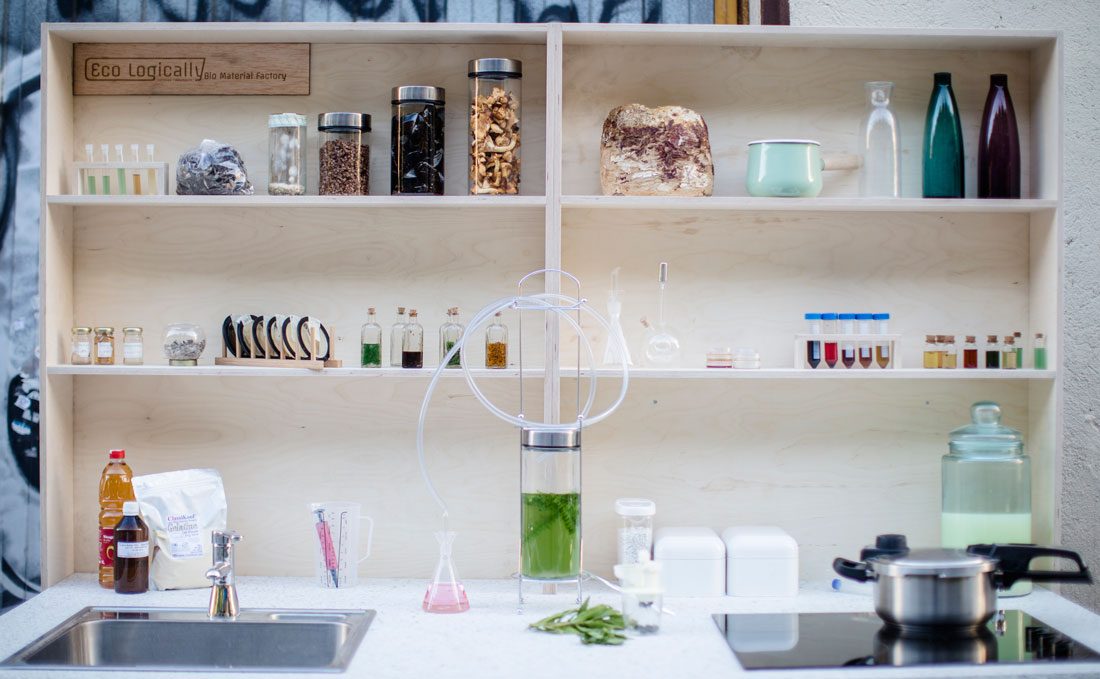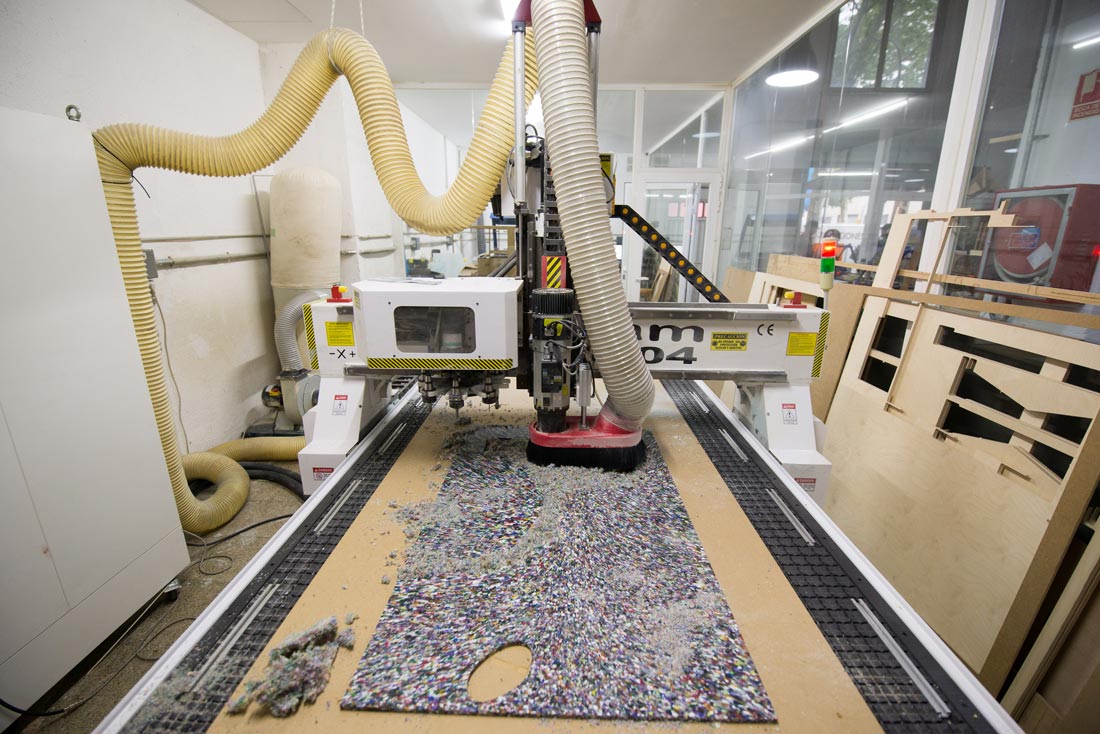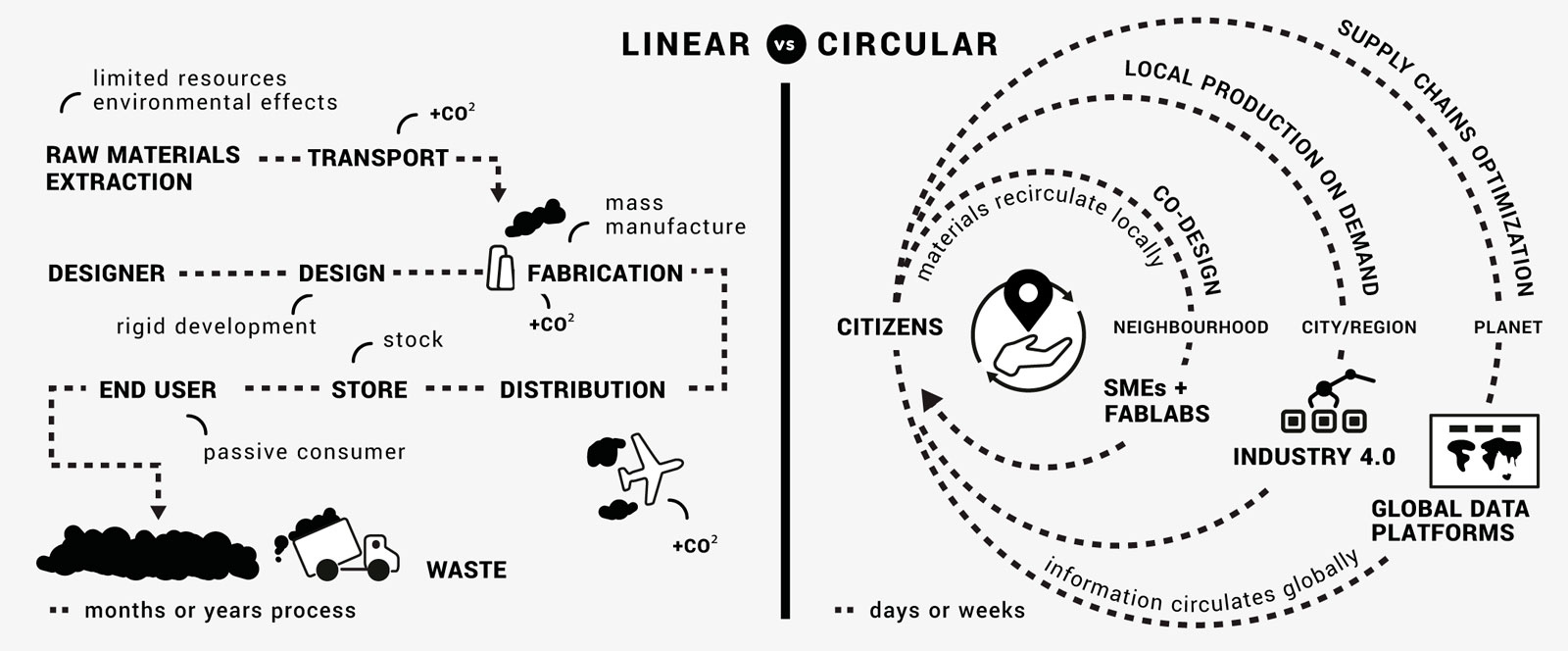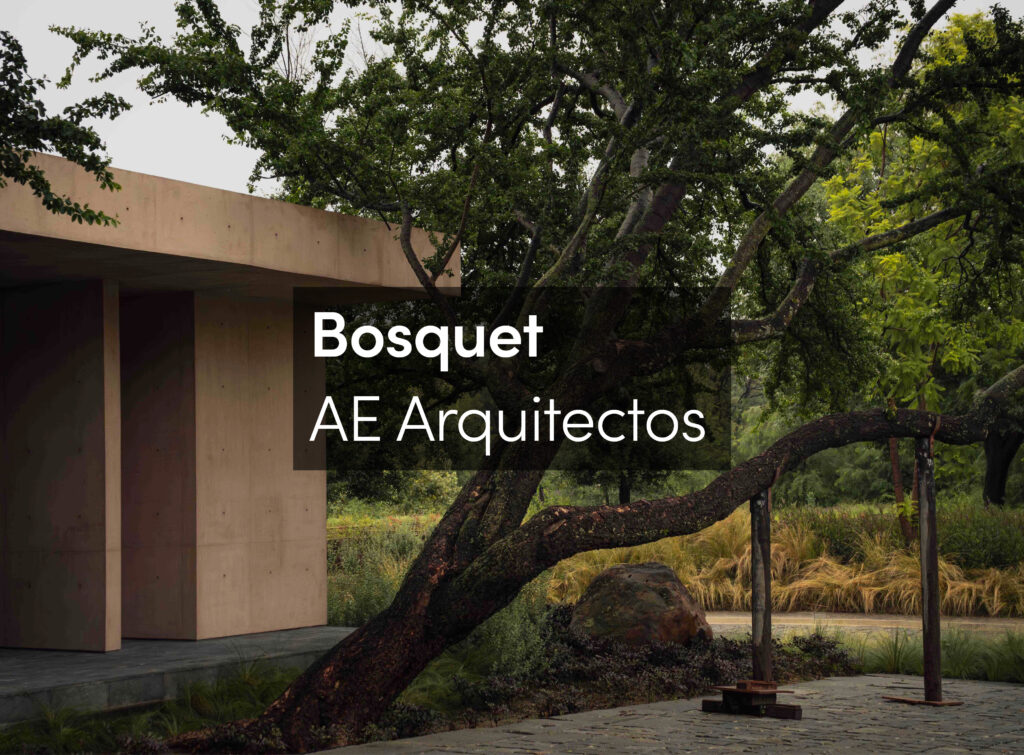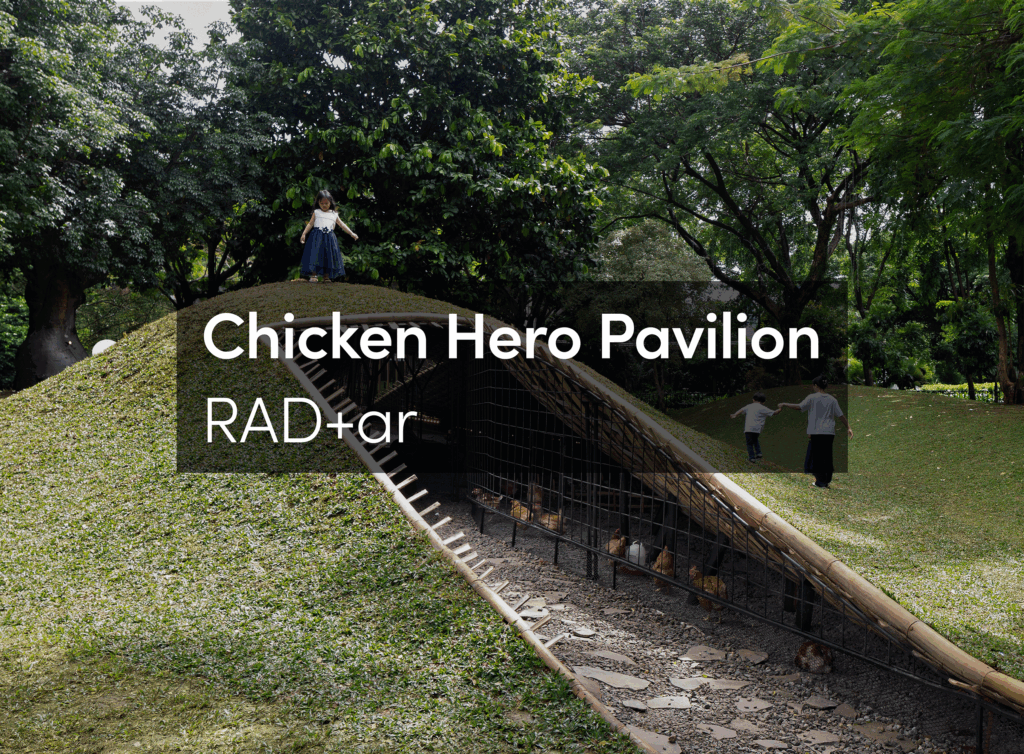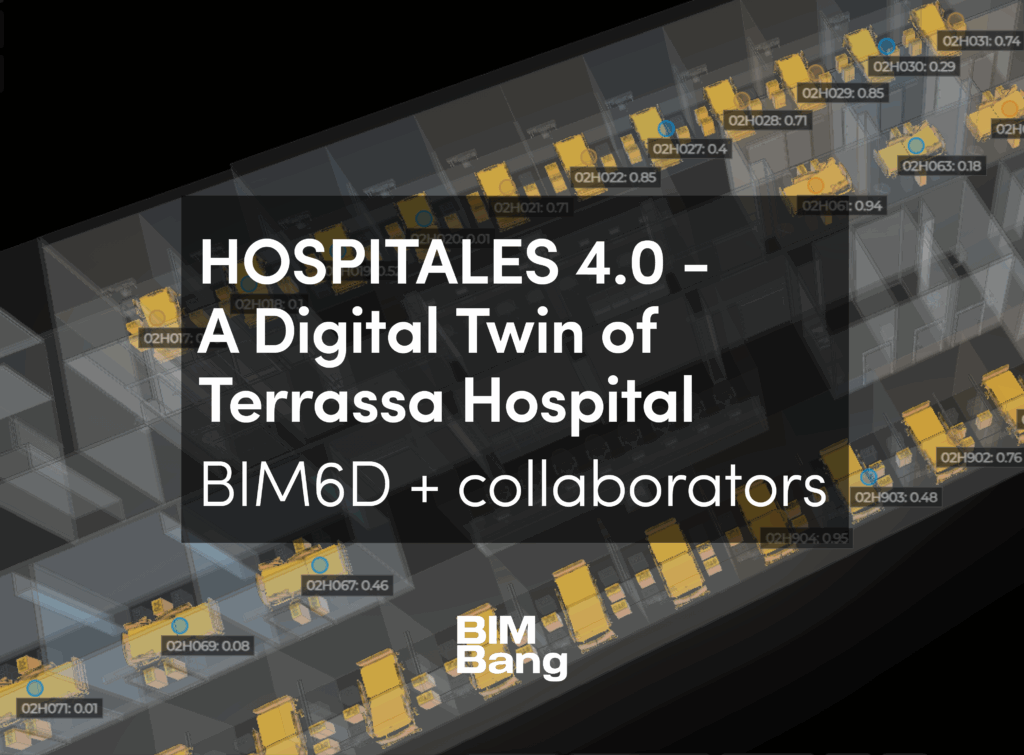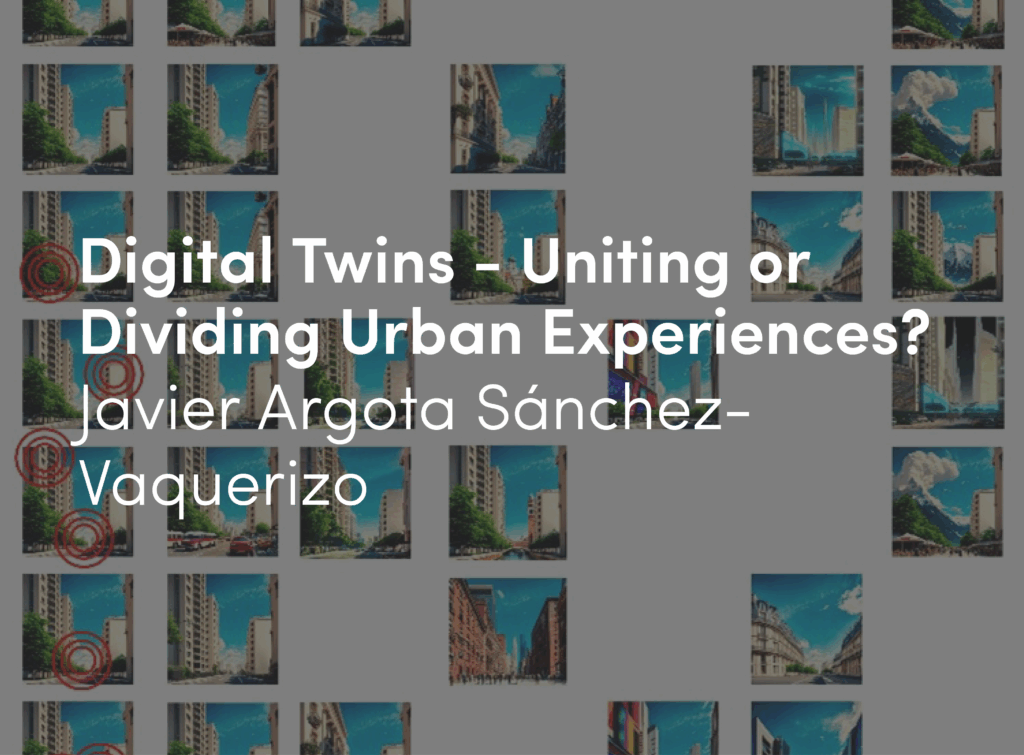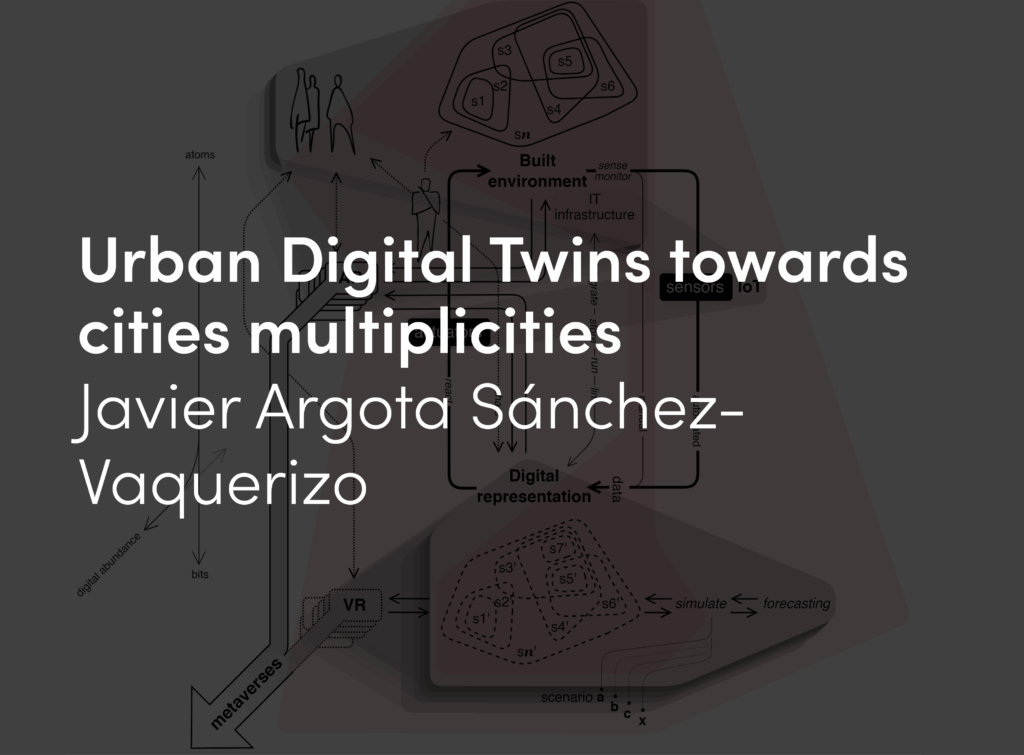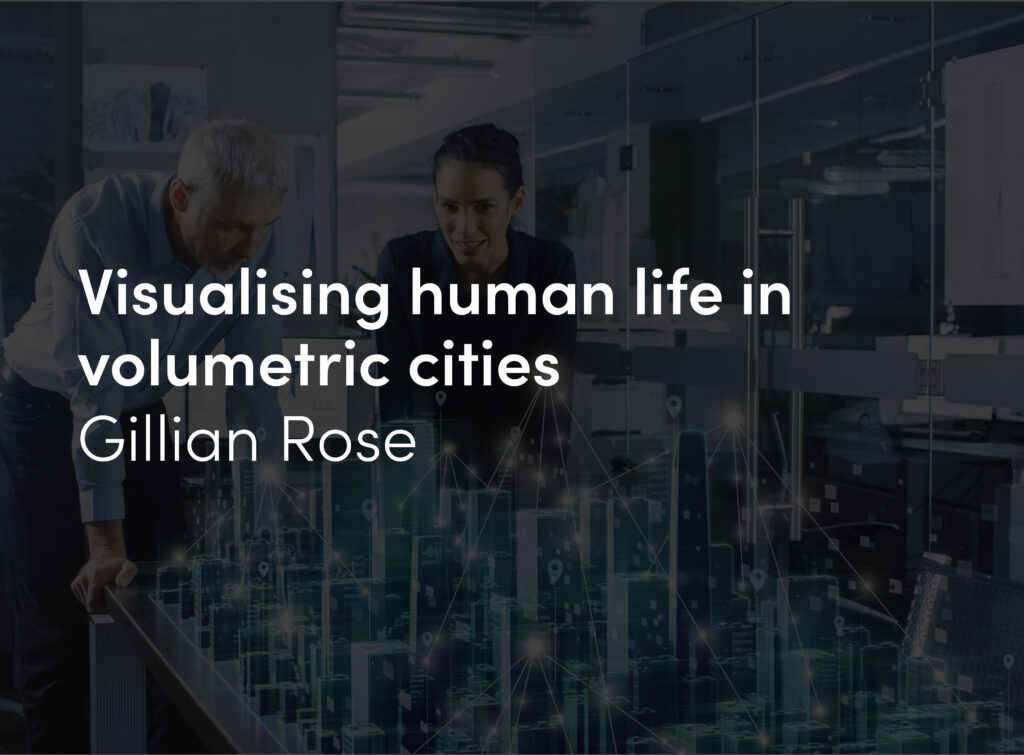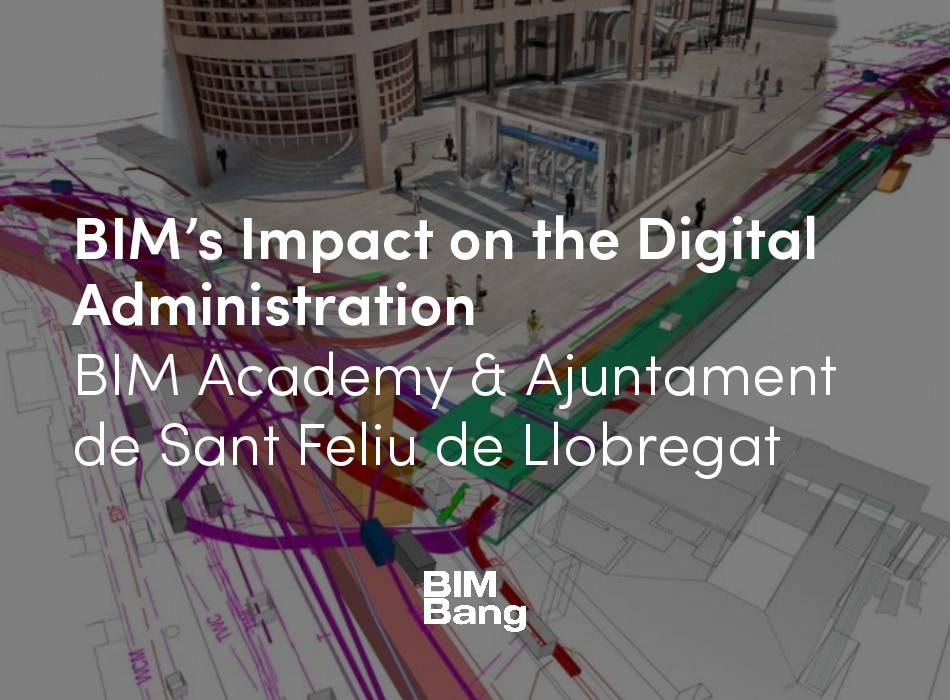An astonishing transformation is taking place in Barcelona’s former industrial district of Poblenou. The district was once rundown, just like so many other former industrial neighbourhoods in Western cities once manufacturing moved overseas. Today the neighbourhood has become a poster child for urban renewal through a bottom-up approach, creating an epicentre of technology and creativity—leading the Catalan paper Publico and other media to describe it as a mini Silicon Valley for sustainable industry.
The neighbourhood is spearheading a new urban model of resiliency and local innovation, where citizens are perceived not just as consumers but as producers, empowered through access to digital fabrication tools, and knowledge. Poblenou is today an experimentation playground to build the vision of how we might step away from importing most things into the cityand export our waste, and instead introduce a circular model, where all resources flow in a closed-loop system within the cityitself.
In fact, Poblenou is already building the infrastructure to be locally productive and globally connected, in order to produce at least half of what it consumes by 2054, using materials that are sourced locally or reclaimed from waste creating a partly circular model, where waste is remade into new products.
THE ‘SILICON VALLEY’ OF SUSTAINABILITY
Last summer, the ambitious vision behind the so-called FabCity movement was tested in reality during the Made Again Challenge, a project initiated by SPACE10 — IKEA’s “external future-living lab” — and the Fab City Research Laboratory. Together we created the first and largest Fab City prototype to date in Poblenou — a one-square-kilometre testbed to explore how to rethink and re-engineer our production system in cities.
Over the course of five days, local workshops, research centers, design agencies and local producers in the neighbourhood was connected into an ecosystem. Digital fabrication tools such as CNC milling machines, 3D printers and laser cutters were made available, together with plastic-recycling stations, woodworking and metalworking tools, a biohacking laboratory, and textile and electronics stations.
Biologists, tech professionals, local makers, craftsmen, IKEA designers, and other trailblazers gathered for the project and collected wasted products from the streets of Poblenou in order to breath new life into materials that were heading to landfill.
On top we gathered inspiring materials – like bioplastics, local wool and bioresins, and recycled plastic sheets from Smile Plastics – and unique textiles such as Ecoalf, made from plastic found along the Spanish coast, and Piñatex, a leather-like material made from discarded pineapple leaves.
Throughout a week, the teams worked together, within the boundaries of Poblenou, to give another chance to products and materials that were on their way to the landfill. Much more than an exercise in recycling or upcycling, it turned out to be an exercise in system thinking. During the five days, the participants in the Made Again Challenge operated the first Fab City prototype to demonstrate how productive a neighbourhood can become when its inhabitants are empowered by the knowledge, tools and infrastructure necessary to make and remake products locally and sustainably.
The whole experiment is captured in this seven-minute-long documentary:
The Made Again Challenge led to both the mayor of Barcelona and Barcelona City Council to announce support for turning Poblenou into a “Maker District”, part of the ambitious cityDigital Plan. According to Gerardo Pisarello, Barcelona’s first deputy mayor:
We want an economy that’s based on re-industrialization 4.0, an economy rooted in the territory, giving opportunities to new manufacturing linked to new technologies, and that has the participation of the people and neighbourhoods, such as Poblenou.
The neighborhood has become a significant source of inspiration to other cities, regions and countries that have already pledged to the idea of the Fab City and to become self-sufficient by 2054 — including Amsterdam, Boston, Bhutan, Detroit, Georgia, Paris, Shenzhen, and Toulouse. Many other cities are looking at the FabCity movement for inspiration — and in September, Copenhagen will host this year’s official Fab City Global Summit (followed in 2018 by Paris).





